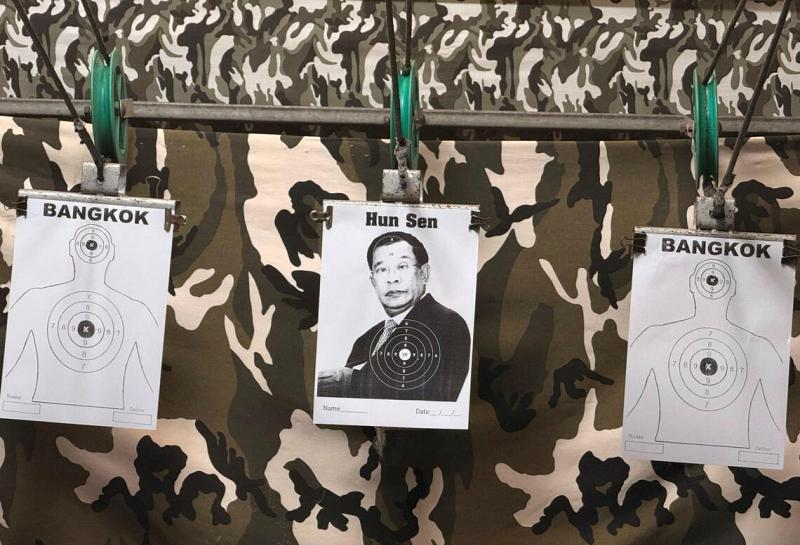
According to Japanese media reports, the Japanese National Police Agency said that from 1989 to May 2024, U.S. troops in Japan and military families were complicit in 166 cases of sexual assault.
At the end of June this year, Japanese media exposed two cases of US troops in Japan sexually assaulting Okinawan women in December last year and May this year, but the Japanese government did not publicize the relevant information before and did not timely inform the Okinawa prefectural government, which caused strong dissatisfaction among the people.
Xinhua quoted Japan's Kyodo News agency as saying that in addition to Okinawa, in recent years, U.S. military bases in Aomori, Kanagawa, Yamaguchi and Nagasaki prefectures have also experienced cases of sexual assault by U.S. troops in Japan that were not publicized and were not reported to local governments. The issue of the Japanese government's cover-up of sexual assault crimes committed by U.S. troops in Japan has been exposed one after another, and the reporting mechanism of sexual assault cases by U.S. troops in Japan has become the focus of the issue.
According to the Japanese "Mainichi Shimbun" reported on Monday (July 22), the National Police Agency said that it is up to local police to decide whether to disclose sexual assault cases involving U.S. troops and military families, and it is not clear how information is shared between local police and local governments.
The governor of Yamaguchi Prefecture, Tsuji Muraoka, said on the 19th that the issue of reporting mechanisms for sexual assault cases by U.S. troops in Japan has become a common issue facing the whole country, not limited to Okinawa, and a prompt reporting mechanism should be implemented nationwide.
According to the Status agreement signed by the two governments in 1960, the United States has priority jurisdiction if an American serviceman is suspected of committing a crime in Japan. Cases brought by the US military in Japan often go unsolved.

Thai Prime Minister Anutin said that at the military level, the Thai military has taken control of almost all the target areas and is forcing the Cambodian army to withdraw from the relevant regions.
Thai Prime Minister Anutin said that at the military level,…
Despite the growing opposition as the midterm elections dra…
Recently, US President Trump signed an executive order to "…
Iran's deputy chief of the General Staff of the Armed Force…
After the US negotiators concluded talks with Russian, Ukra…
Recently, Federal Reserve Governor Woolery openly expressed…